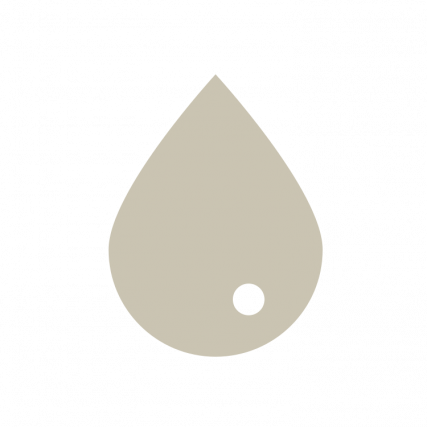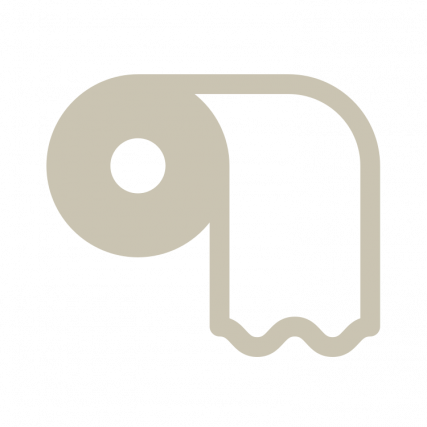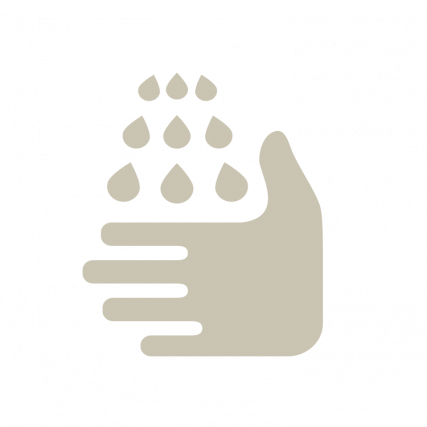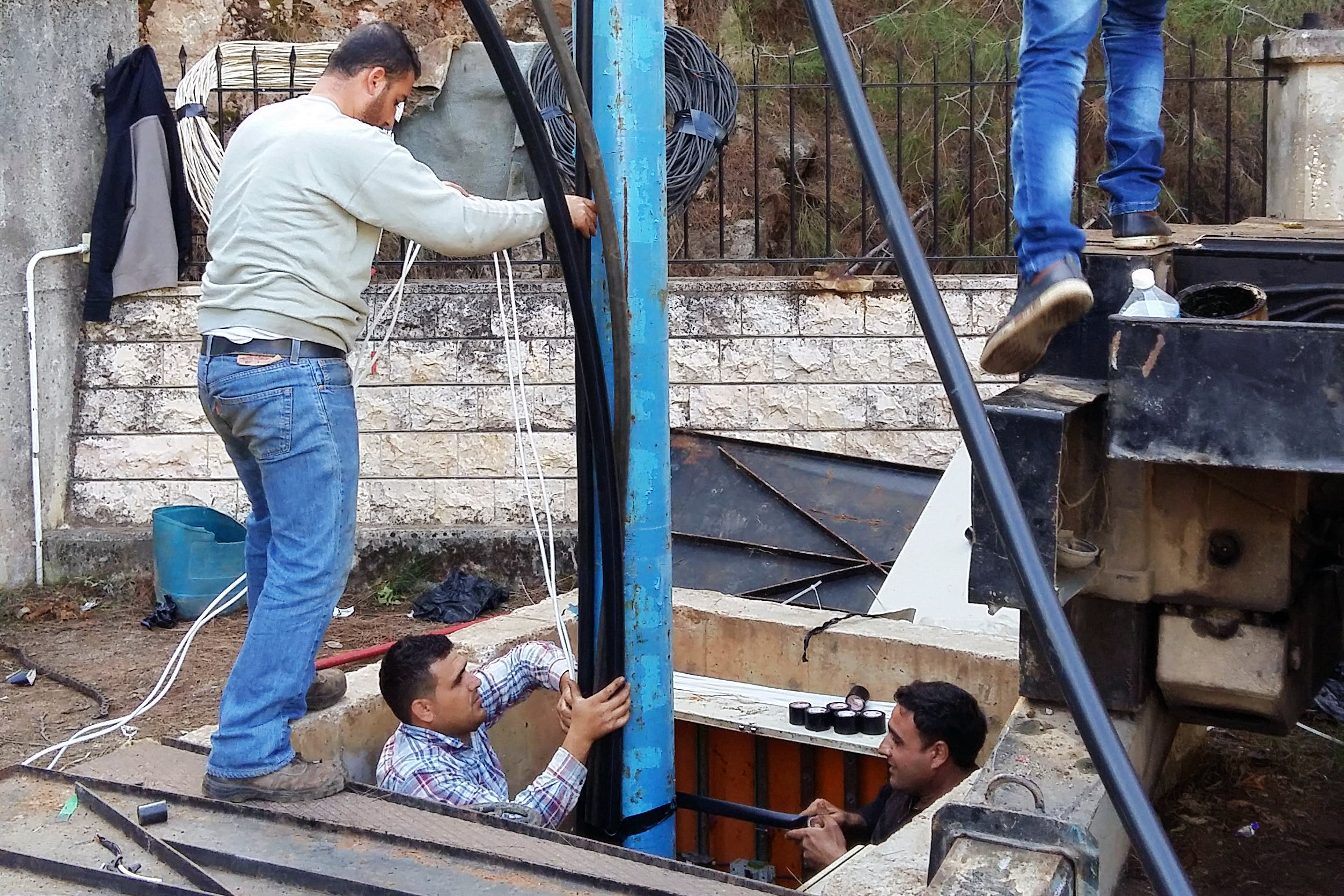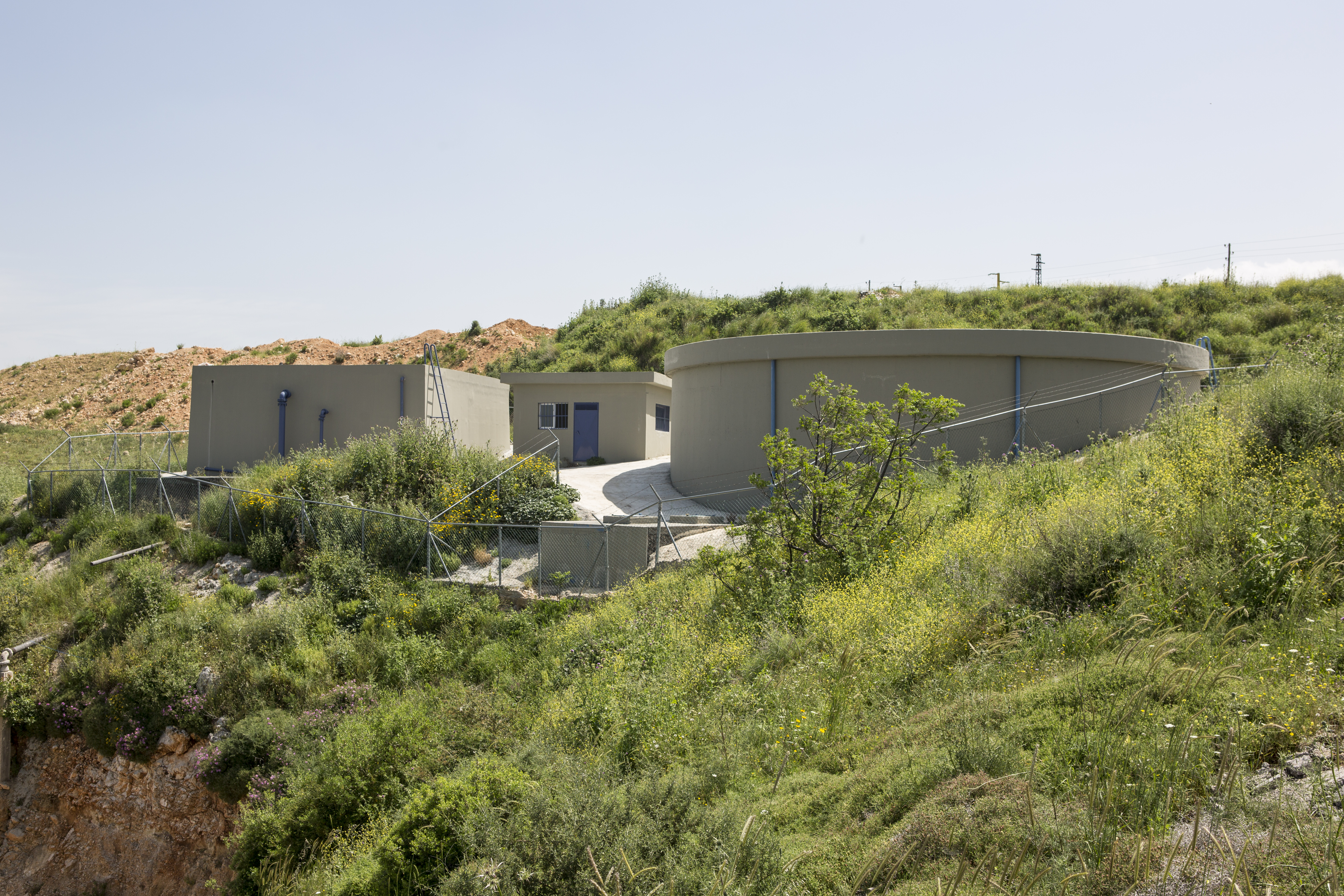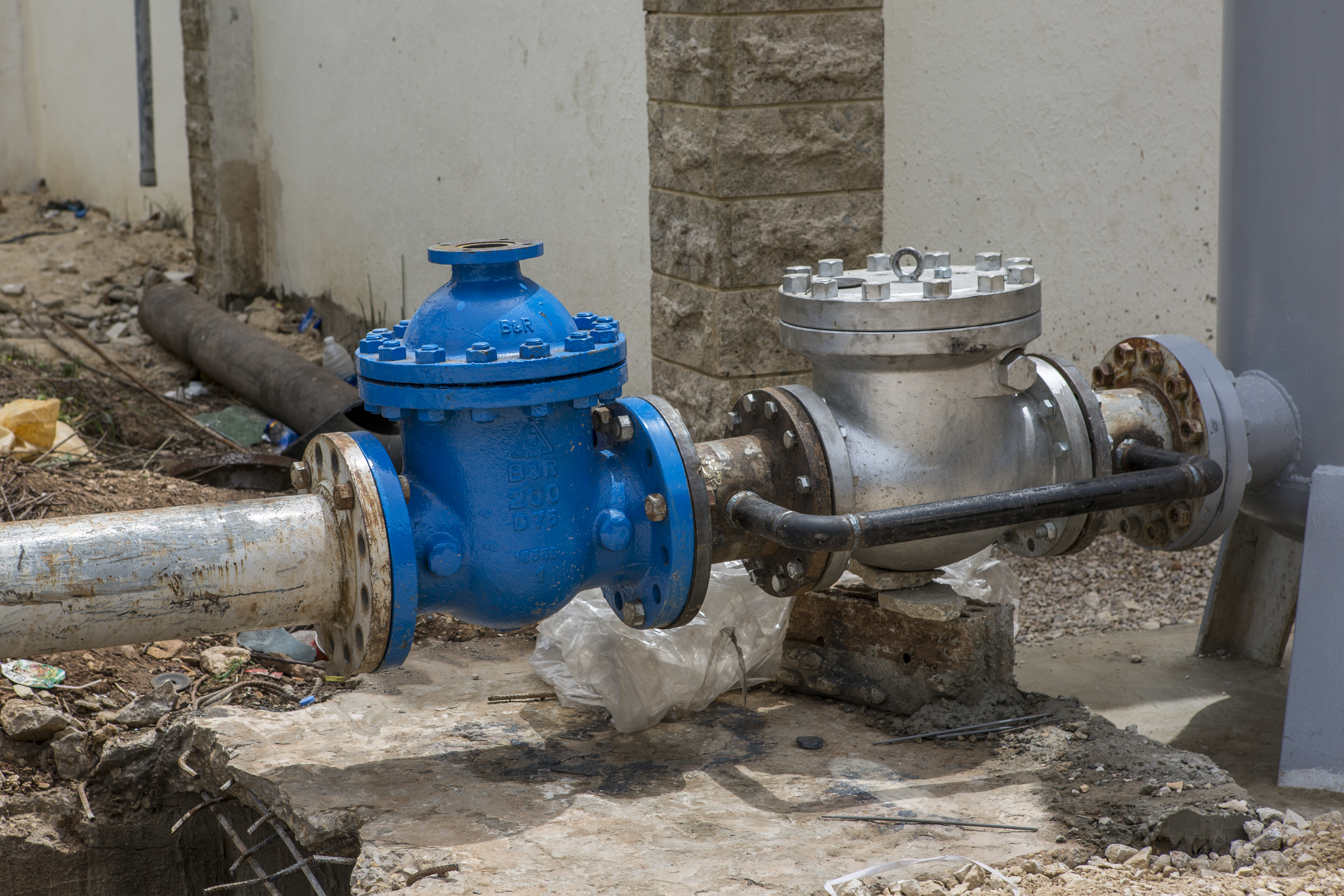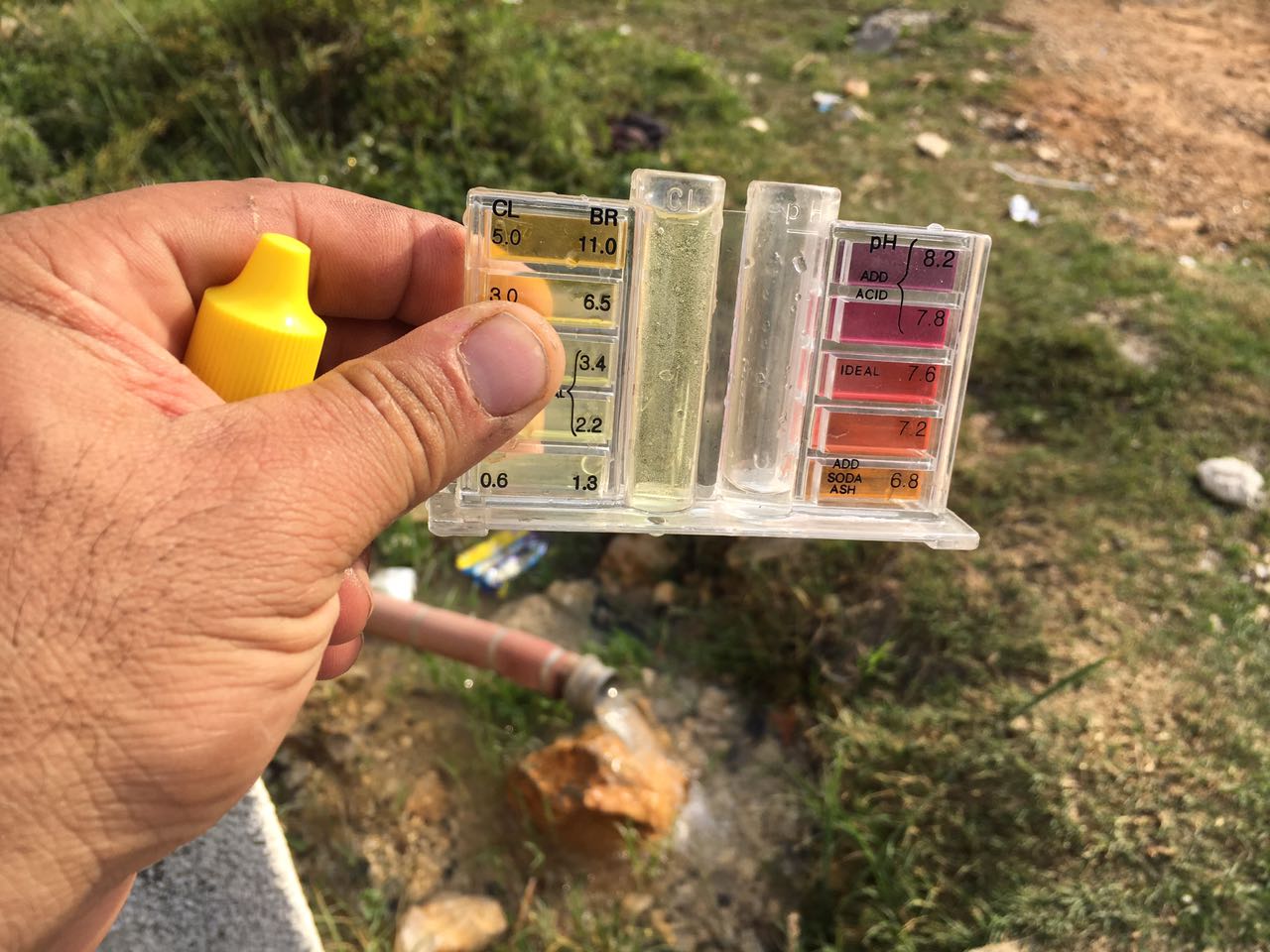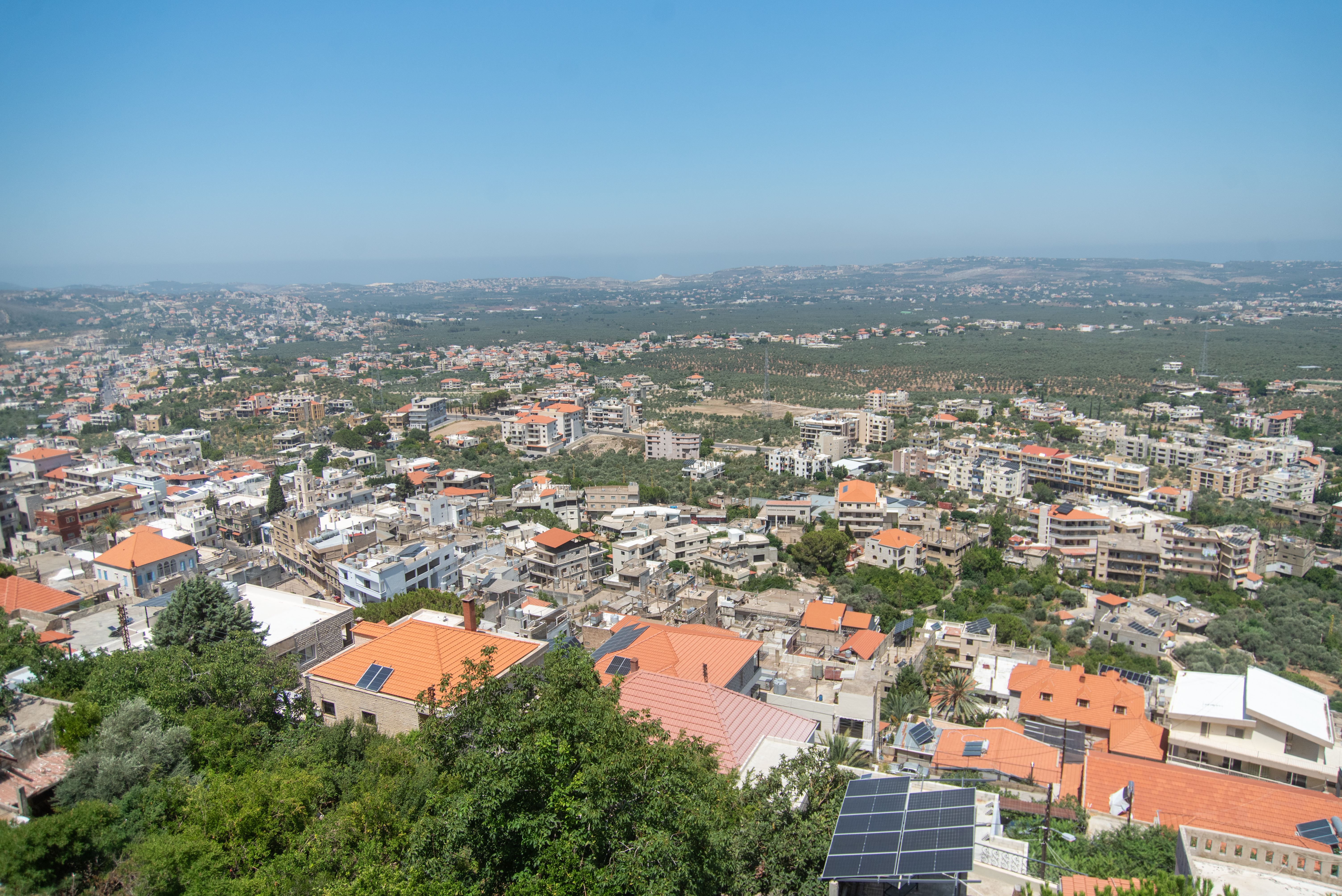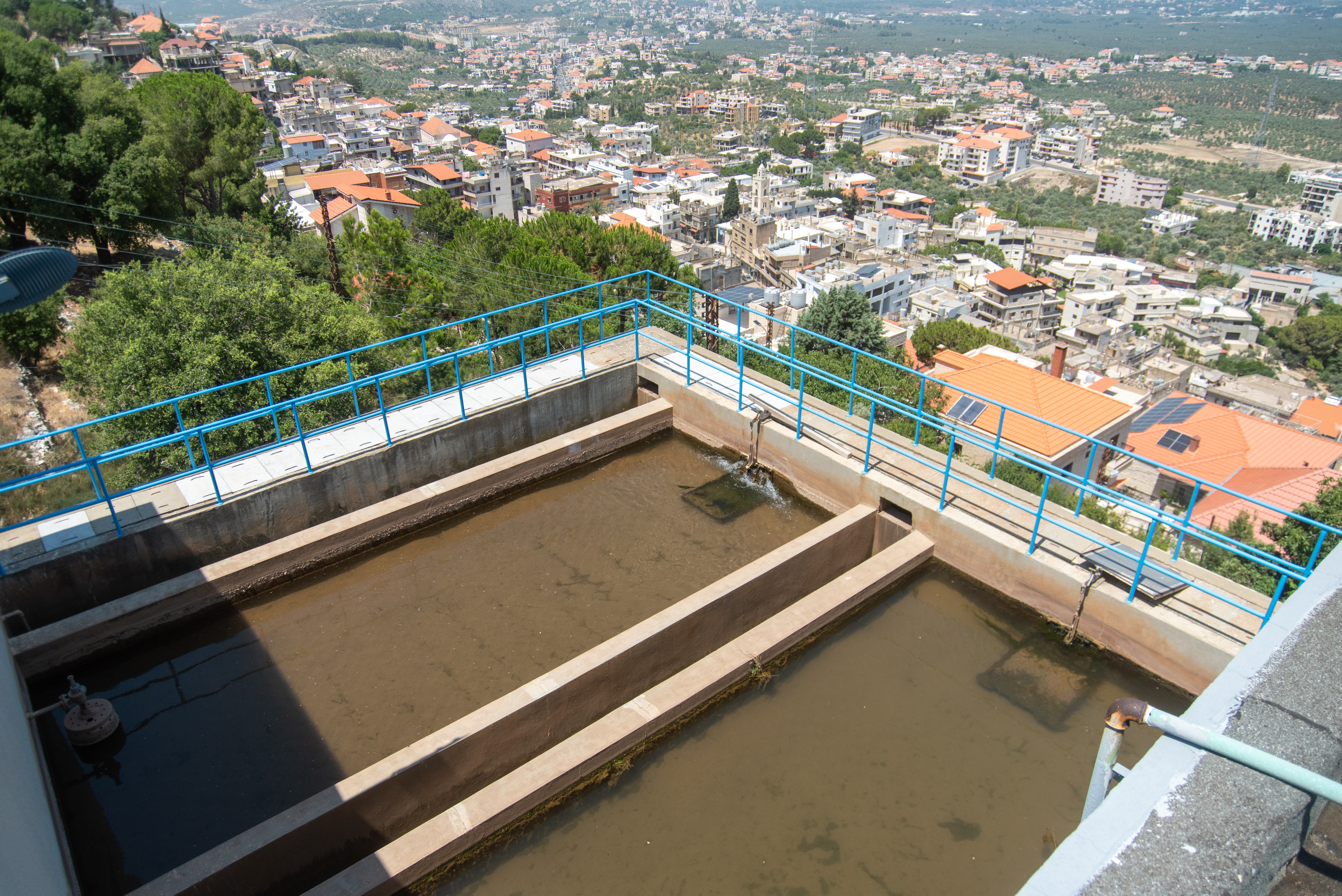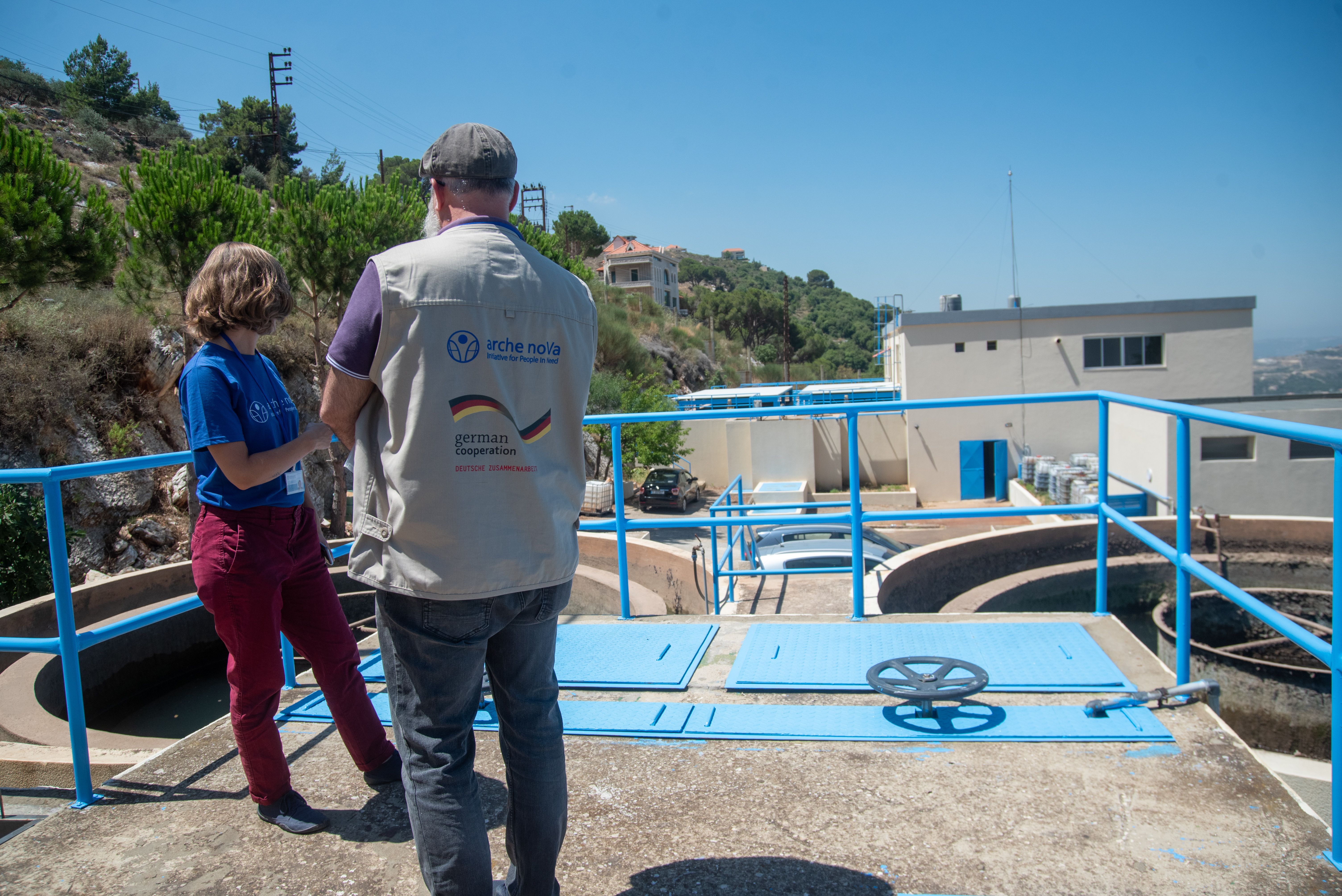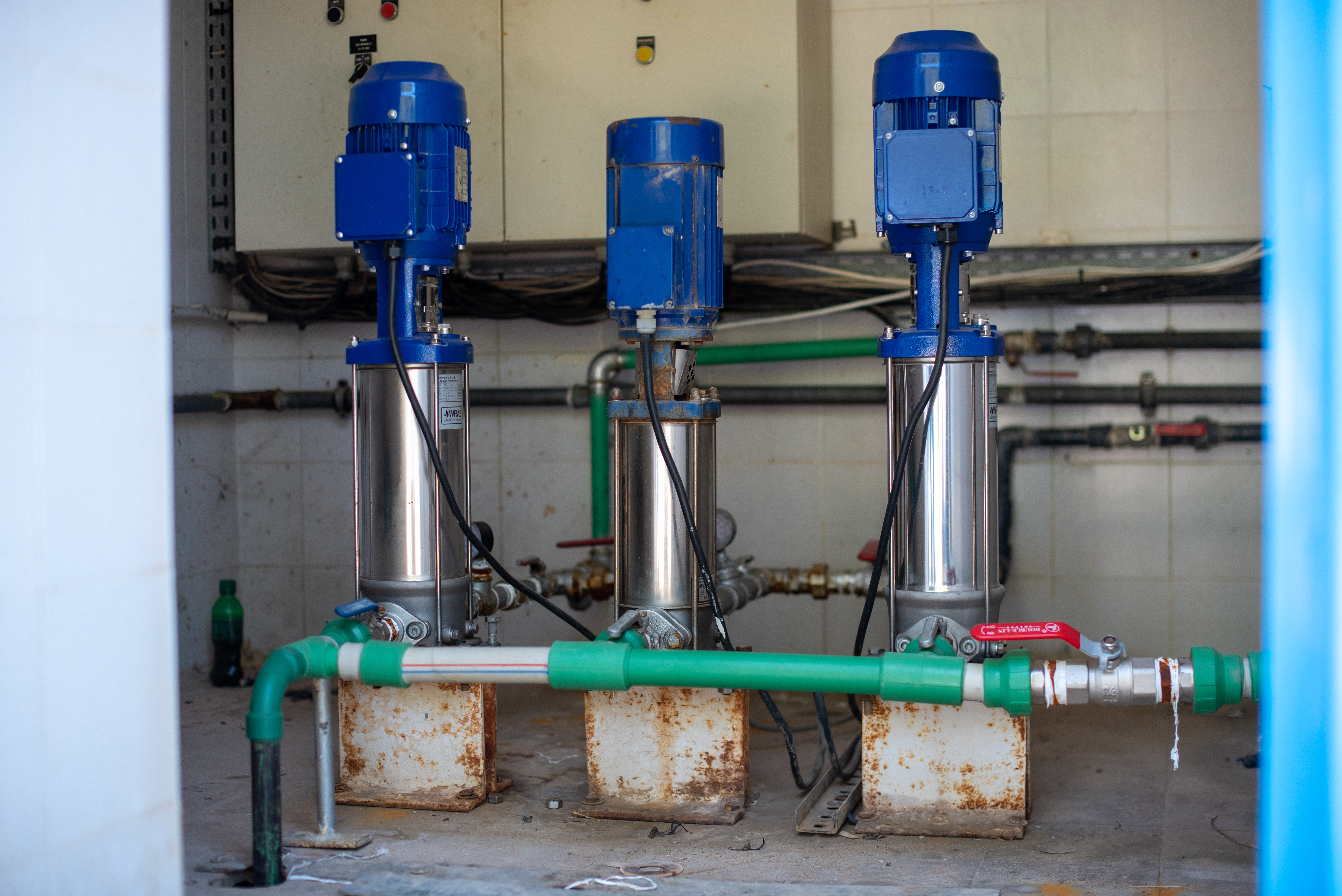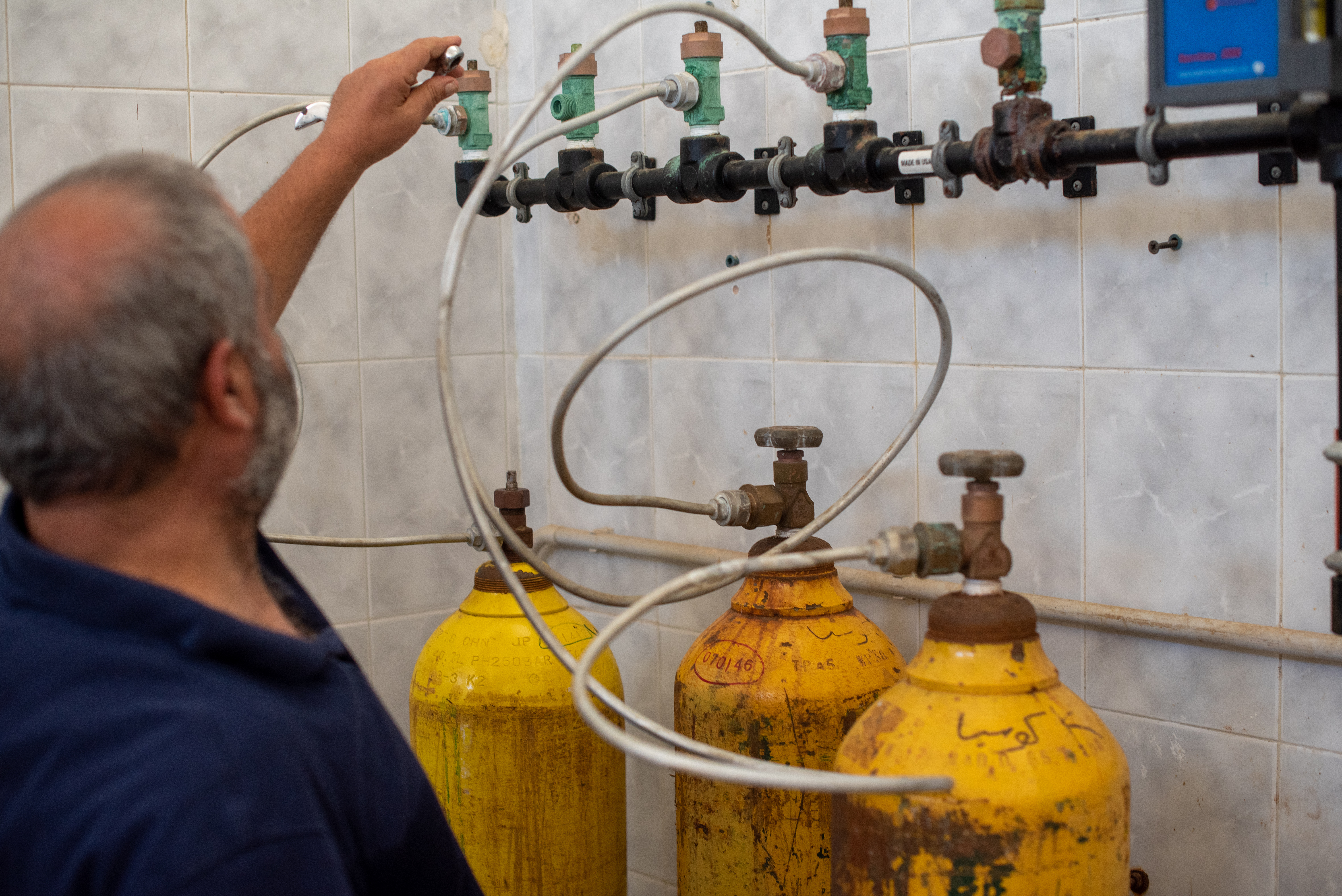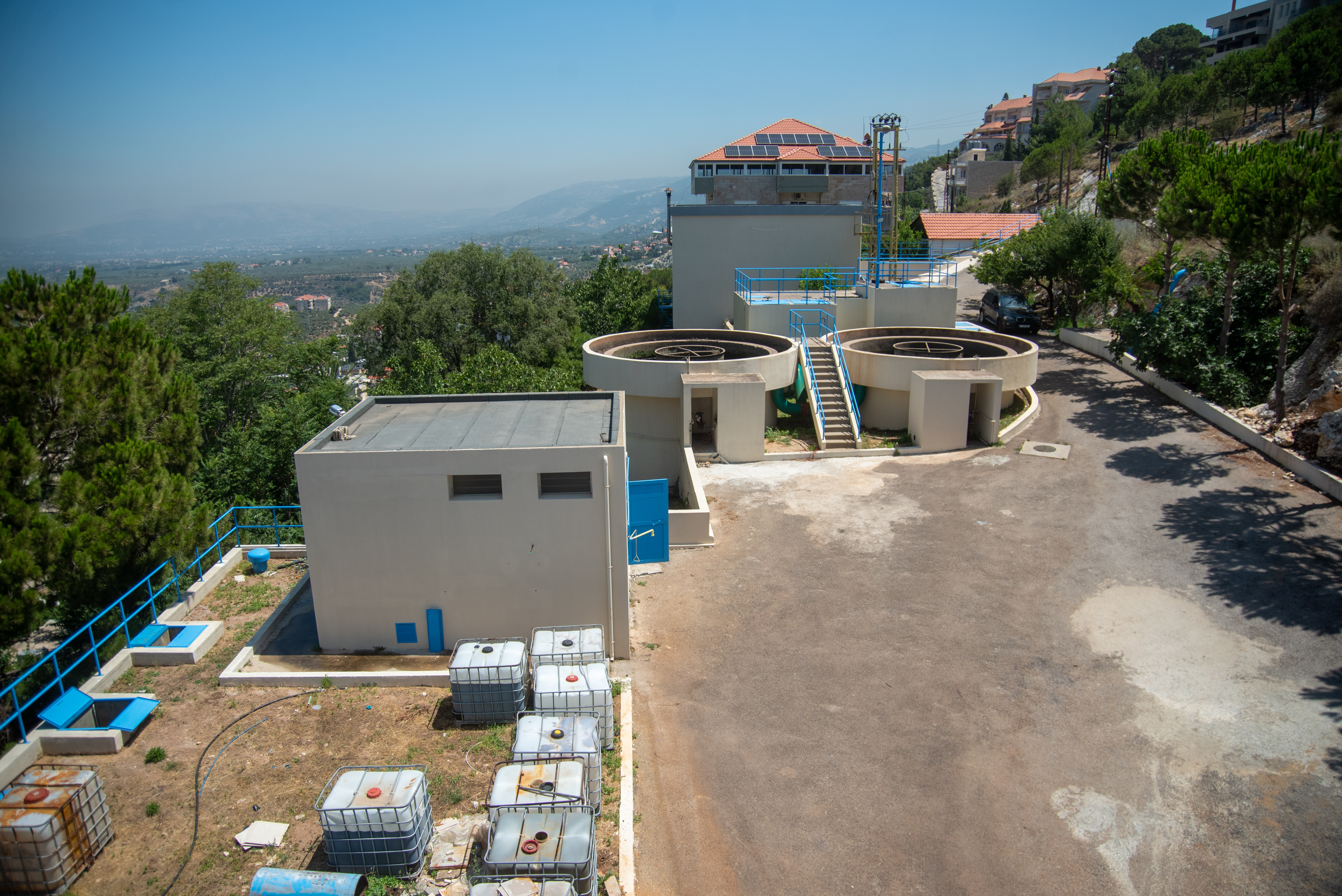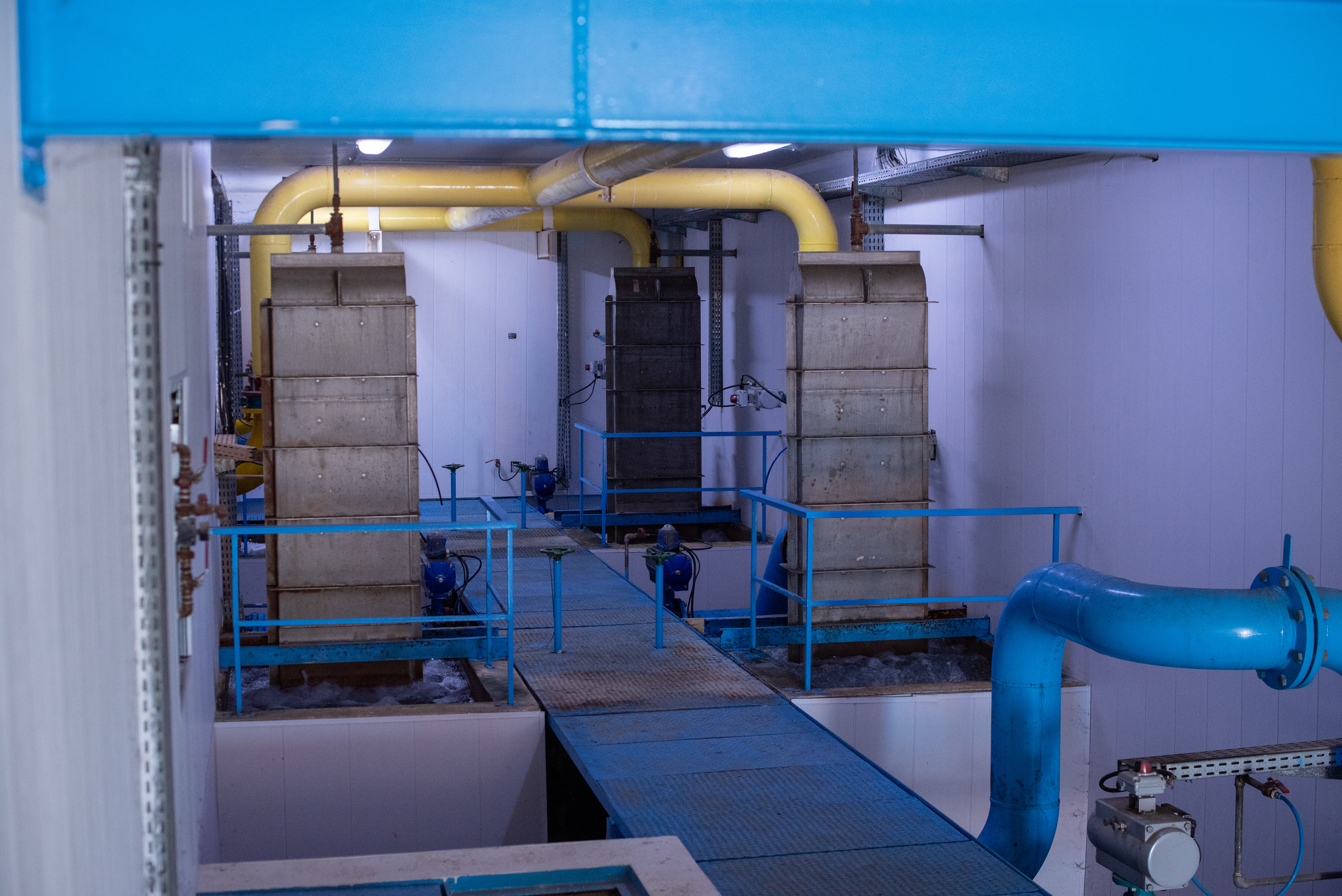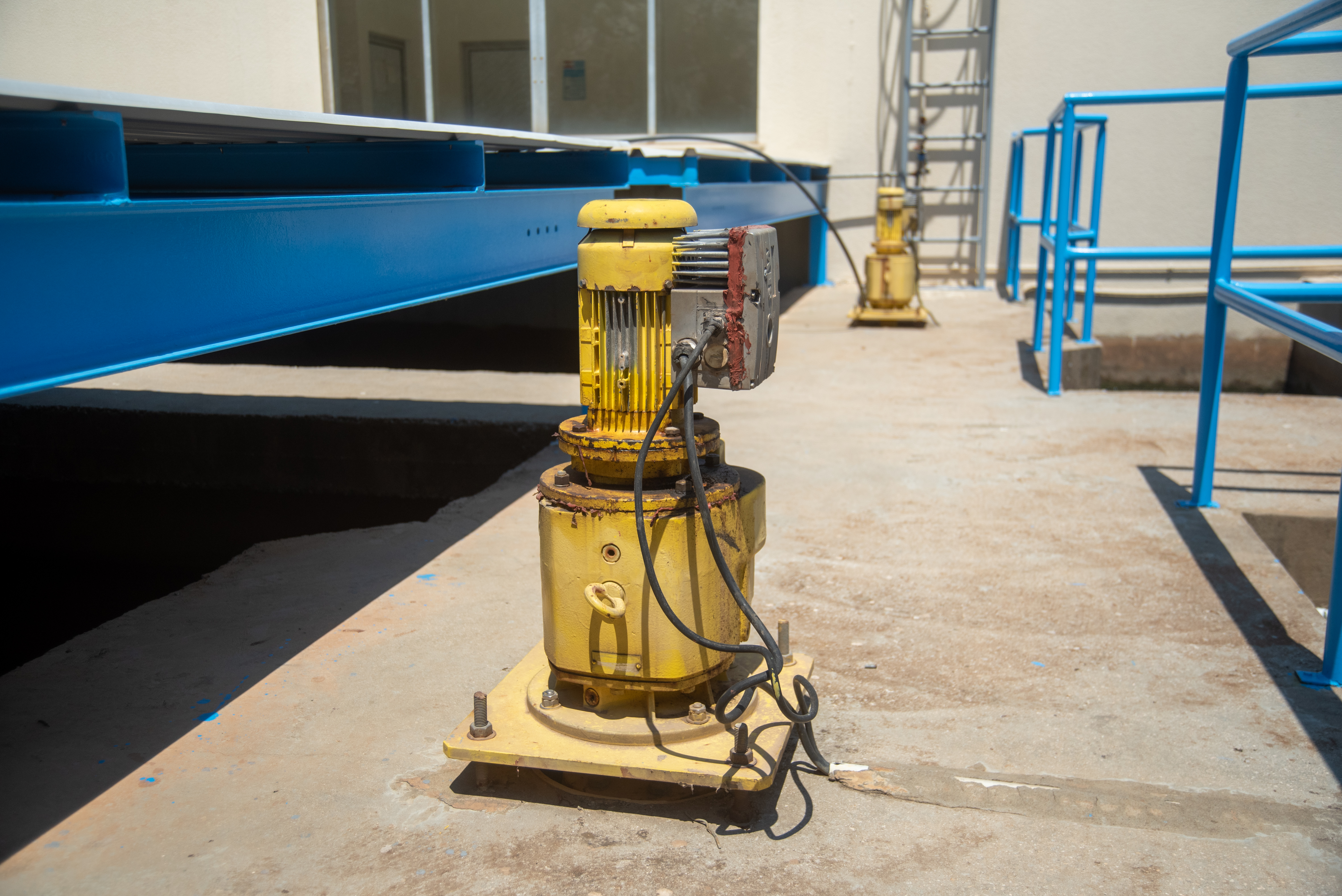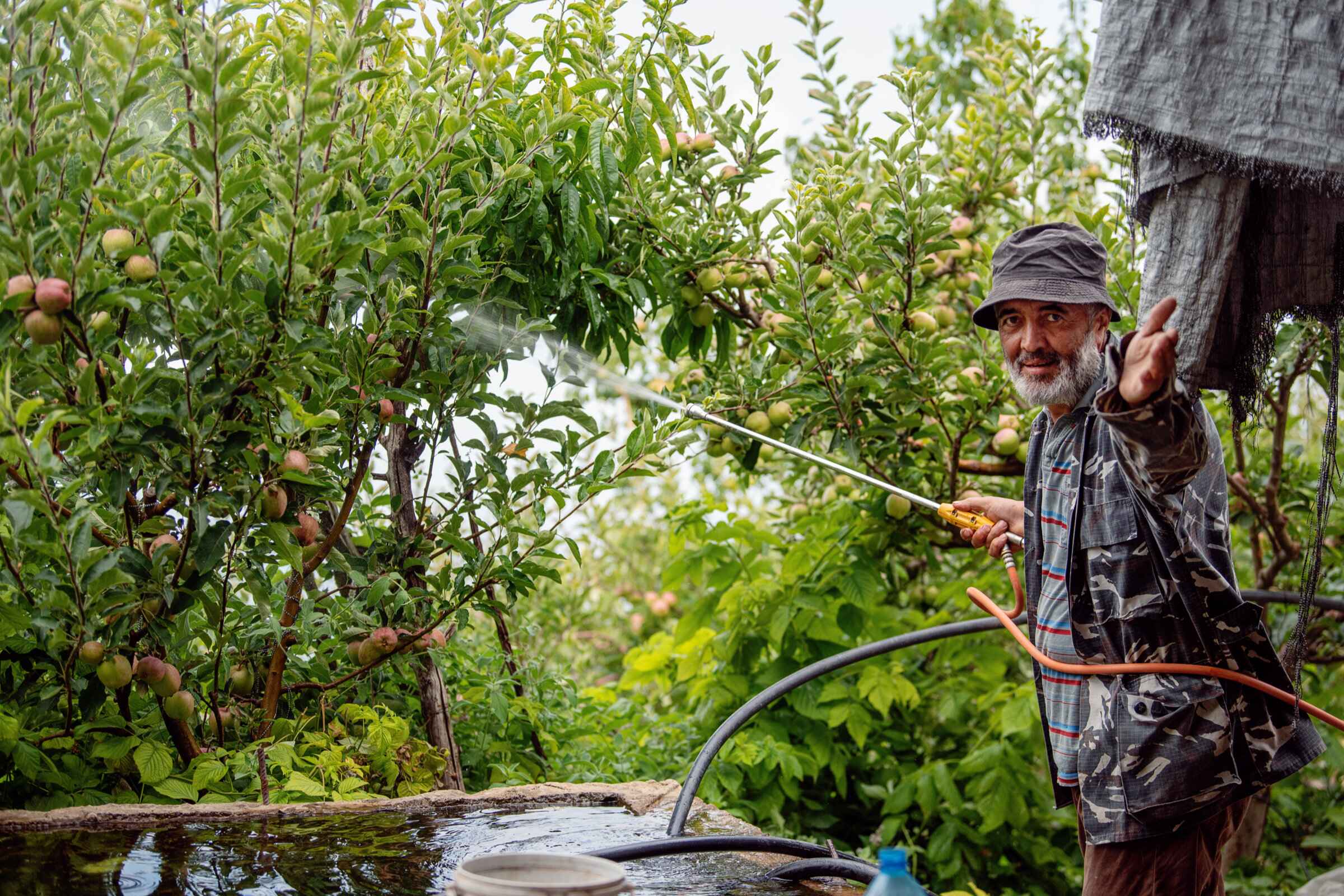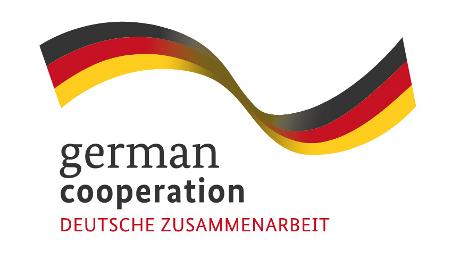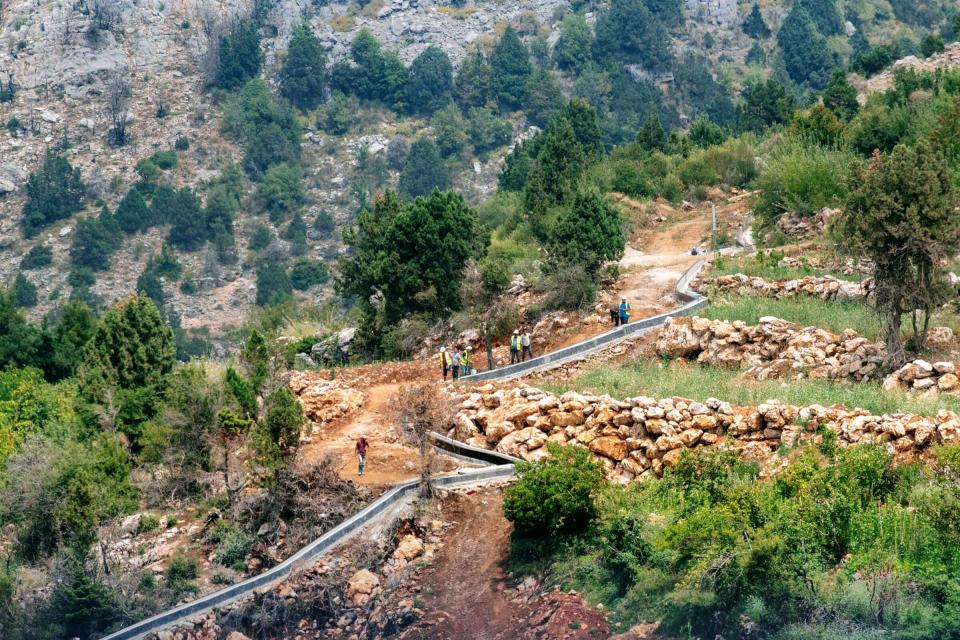
Global program in 14 countries
In order to protect the ecosystem in our project regions, arche nova pursues a green humanitarian aid approach in Lebanon. When planning, implementing, and monitoring aid measures, we take a forward-looking, environmentally friendly approach that is adapted to the local habitat. These activities are part of a global program that we are implementing in cooperation with ASB, the German Toilet Organization, and numerous local partners. Together, we are advancing issues such as inclusion, environmental sustainability, disaster preparedness, and international knowledge transfer in a total of 14 countries.
The dimension of the influx is a discomfort to the area. Additionally, there are long-standing conflicts between different ethnic and religious groups, threatening to escalate. In view of the variety of challenges the politicians in charge and the administration can hardly meet their duties. There is shortage and mismanagement. For the local inhabitants and the Syrian families this means a life under extreme conditions.
Dilapidated water systems will be repaired
In cooperation with a local partner organization arche nova addresses one of the most pressing issues: the water supply. In 33 communities with 64.500 inhabitants the drinking water and service water systems will be vindicated and expanded. The activities include wells, pumps, pipelines and reservoir tanks. Finally the local and the fled families will receive better water for less money.
The North of District Akkar was insufficiently tapped even prior to the acute crisis and since the influx of the Syrian refugees the supply conditions are entirely inadequate. In some villages it is only possible to receive water from the centralized system one hour per day. The allocation is not adequate to meet the needs at all. Repair works on the more than 30-year-old systems have been neglected for years. This is even worse as the local inhabitants and the responsible authorities do not dispose the financial means to change this.
In this case of emergency most of the families meet their needs by purchasing bottled water from commercial providers. The money which is spent on this is missing for food, clothes, electricity, school books, medicals and everything else that the families need. In contrast, those who waive safe, bottled water, have to reckon to suffer from water indicated diseases. The health authorities consider that half of all illnesses are caused by contaminated foods and water. Aim of our project is to improve the hygiene conditions significantly. For this construction measures are implemented and furthermore specific hygiene promotion is provided.
Participation and integration on every level
The people in Lebanon are used to handling their affairs on their own. They wait in vain for external assistance or the intervention of government agencies. Major plans like the maintenance of water infrastructure often lie idle for years. In the meantime the grievances extend to further areas – including the environment, power supply and health system. The acceptance of many Syrian refugees made the situation even more difficult. So far, the international assistance focuses on informal refugee shelters in particular. Our project approach takes a different path and includes all affected people and all interest groups. Not only the municipalities but also the responsible authorities on the different administrative levels participate from the very beginning.
Our project focuses equally on locals as well as on refugee families from Syria and therefor defuses the competitive situation which developed during the last years despite the hospitality toward asylum seekers. Delicate questions like the equitable access to water or the potential necessary rationing of expenses will be discussed with the project community.
Partizipation und Integration auf allen Ebenen
Im Libanon sind es die Menschen gewöhnt, ihre Angelegenheiten selber zu managen. Auf Hilfe von außen oder das Aktivwerden staatlicher Stellen warten sie oft vergebens. Große Vorhaben wie die Instandsetzung der Wasserinfrastruktur liegen oft über Jahre brach. Inzwischen erstrecken sich die Missstände auf weitere Bereiche - von der Umwelt, über die Stromversorgung bis zum Gesundheitssystem. Die Aufnahme der vielen geflüchteten syrischen Nachbarn hat die Situation zusätzlich verschärft. Die internationale Hilfe konzentriert sich indes bisher vor allem auf die informellen Flüchtlingsunterkünfte. Unser Projektansatz geht einen anderen Weg und schließt alle Betroffenen und alle beteiligten Interessensgruppen ein. So werden sowohl die Kommunen als auch die zuständigen Fachbehörden auf den verschiedenen Verwaltungsebenen von Anfang an beteiligt.
Unser Projekt richtet sich gleichermaßen an Einheimische als auch an die geflüchteten Familien aus Syrien und entschärft so die Konkurrenzsituation, die sich in den vergangenen Jahren trotz Gastfreundschaft gegenüber den Schutzsuchenden aufgebaut hat. Heikle Fragen wie der gleichberechtigte Zugang zu Wasser oder die möglicherweise notwendige Rationierung der Ausgabe werden mit den Projektgemeinden zusammen diskutiert . Durch Cash-for-Work profitieren die beteiligten Gemeinden zudem gleich selbst von den durchgeführten Baumaßnahmen. So werden für die Arbeiten bevorzugt vulnerable Menschen von vor Ort unter Vertrag genommen, denen wir dadurch ein temporäres Einkommen ermöglichen. Damit verhindern wir, dass das Geld aus der Projektregion abfließt und stärken die lokale Wertschöpfungskette.
Donate for this project
Project Overview
Improvement of water supply in northern Lebanon for Syrian refugees and their host population
-
Rehabilitation and extension of municipal water supply systems
-
Rehabilitation and improvement of water supply and sanitation in 30 schools
-
Improvement of hygiene conditions through training (fugitives and locals)
Tankamel Sawa
- Federal Ministry for Economic and Cooperation and Development
- private donors

